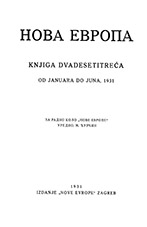
Међу људима добре воље.
Из једног чланка у „La Revue Belge“ од 1. децембра 1926, према изводу у „Die Auslese“ за јануар 1927, М. Сањије je посланик у париском Парламенту и вођа католичког омладинског покрета.
More...We kindly inform you that, as long as the subject affiliation of our 300.000+ articles is in progress, you might get unsufficient or no results on your third level or second level search. In this case, please broaden your search criteria.

Из једног чланка у „La Revue Belge“ од 1. децембра 1926, према изводу у „Die Auslese“ за јануар 1927, М. Сањије je посланик у париском Парламенту и вођа католичког омладинског покрета.
More...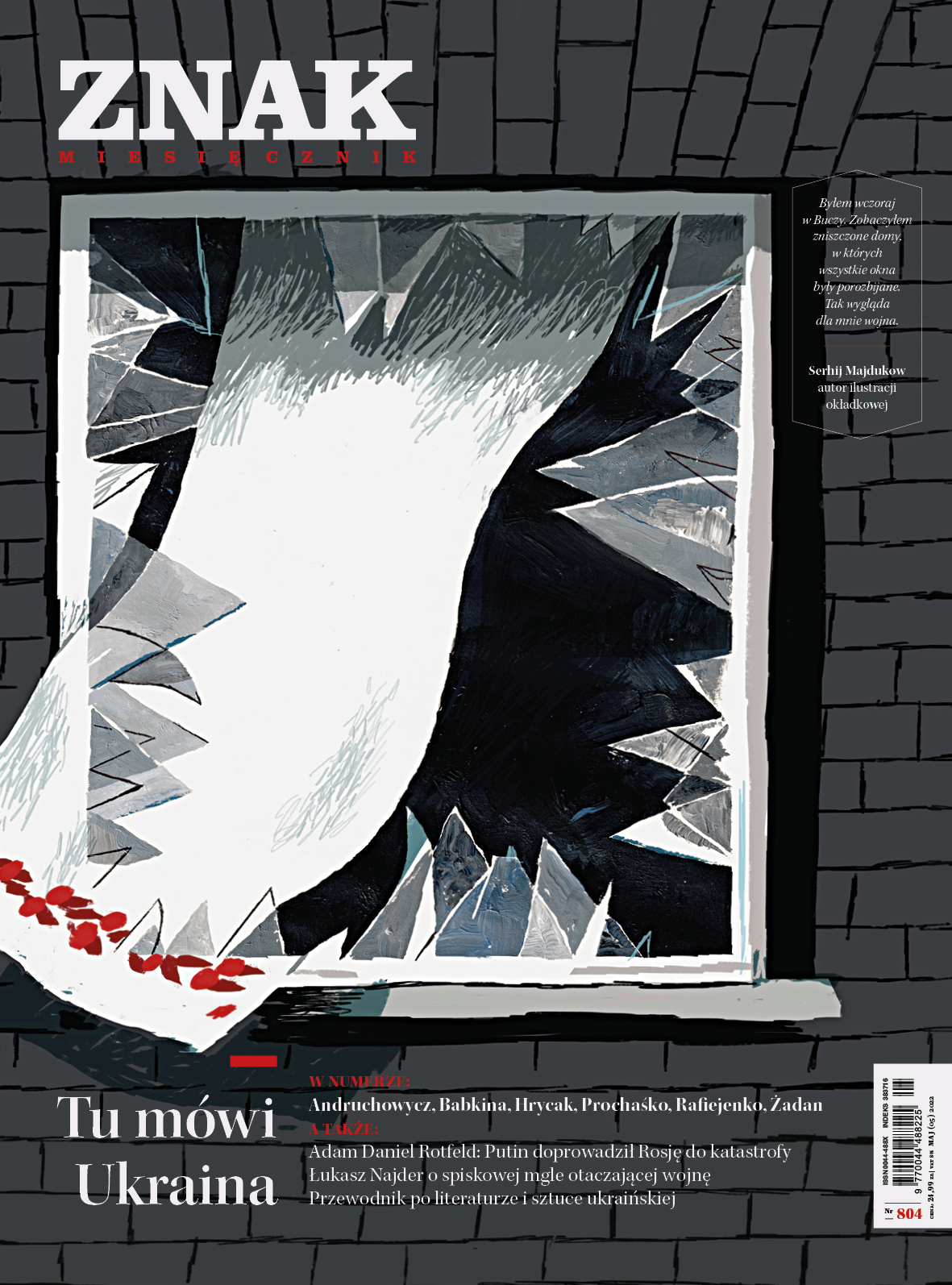




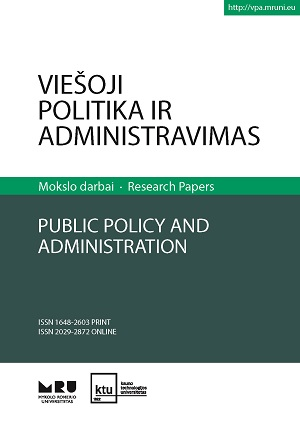
Armed conflicts cause damage to schools, educational process and violates the right to education outlined in Convention on the Rights of the Child, children are deprived of equal opportunities to receive education, armed conflicts perpetuate exclusion and poverty. However, once the armed conflict is over, the education system is still being challenged. The object of this publication – education systems in post-conflict settings. The author merges insights of other authors, who examine education system problems in post-conflict settings, and authors, who propose logic framework for prioritizing problems in post-conflict settings. Then adapted plausible (theoretic) model of prioritized education system problems is proposed. The model builds on the premise that institutions in post-conflict settings find themselves at the critical juncture, where they can initiate change. The premise corresponds to rational choice institutionalism ideas. Publication author employed documentary research and theoretic modelling methods.
More...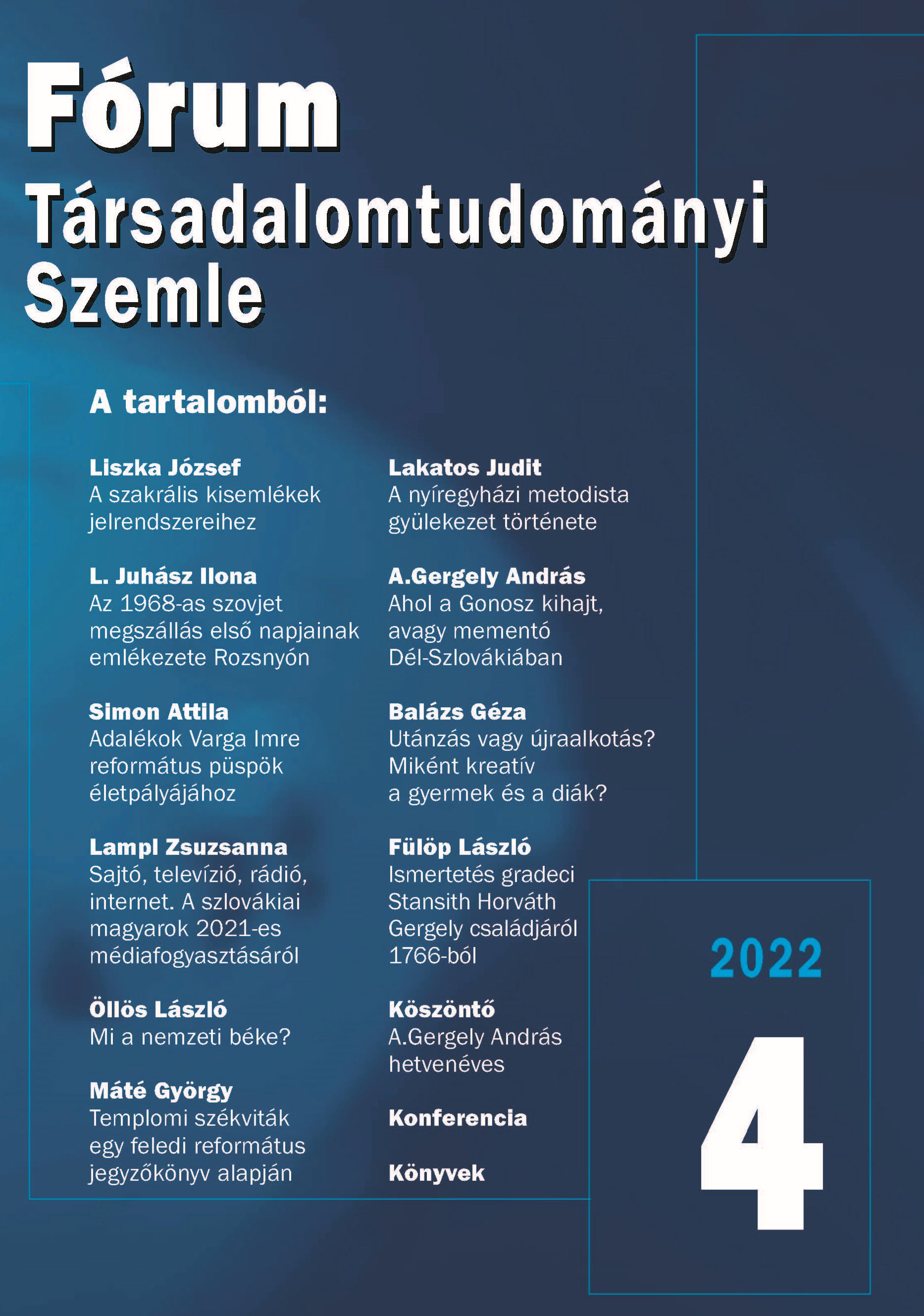
This paper examines the place of national peace in the conceptions of peace. What are its specificities, i.e. how it differs from other types of peace, and what are their common elements? It also addresses the problem of whether and how this can be applied to Hungarian–Slovak relations. One of the peculiarities of the relationships between Central European nations is the limited sovereignty of their states. It is in this state that peace becomes an issue.
More...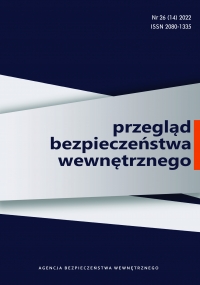
The subject of the article is the question of relevance of the present international humanitarian regulations to the changing ways of conducting military operations. Most of the regulations covering these issues were established soon after the World War II and are mostly obsolete. Armed conflicts have changed ever since – these days they are mostly carried out by terrorist or paramilitary organizations rather than states. Also, new methods of conducting military operations have emerged, such as targeted killing where new types of weaponry are used, such as drones. This gives rise to a reflection upon the legality of such measures.
More...
The August 19, 1953 coup in Tehran was a joint British-American secret intelligence operation, planned and executed with the assistance of a group of Iranian royalists. The main objective of the British and US governments was to maintain political influence in Iran without revealing their involvement. These events, regarded as a manifestation of external interference in state policy, occupy an extremely important place in contemporary Iranian historical and political consciousness, determining Iran’s relations with the United States, and thus affecting the security of the entire Middle East region. The author focuses on presenting the three main determinants of the 1953 coup. These include the British-Iranian conflict over the nationalisation of the oil sector carried out by Prime Minister Mohammad Mosaddegh, the threat of the country falling into the communist sphere of influence, as well as internal factors, including disputes within the ruling coalition. The paper seeks to answer the questions of how the British policy towards Iran was shaped in relation to the problem of oil exploitation, what were the reasons for American involvement in the clandestine operations of the SIS in Tehran in 1952–1953, and whether the coup could have been the result of the actions of purely internal opposition to Mohammad Mosaddeg.
More...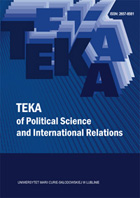
Armed conflicts cause many negative consequences, which include refugee processes. Populations fleeing persecution find a place of safety in other countries. The aim of this article is to show the correlation between refugee processes and host countries. The first part will be devoted to theoretical considerations regarding the definition of a refugee and political conflict. In the second part, the possible consequences for the host country will be presented. The third part of the article deals with the transformation of the host state from a passive actor in the conflict to the position of an active player.
More...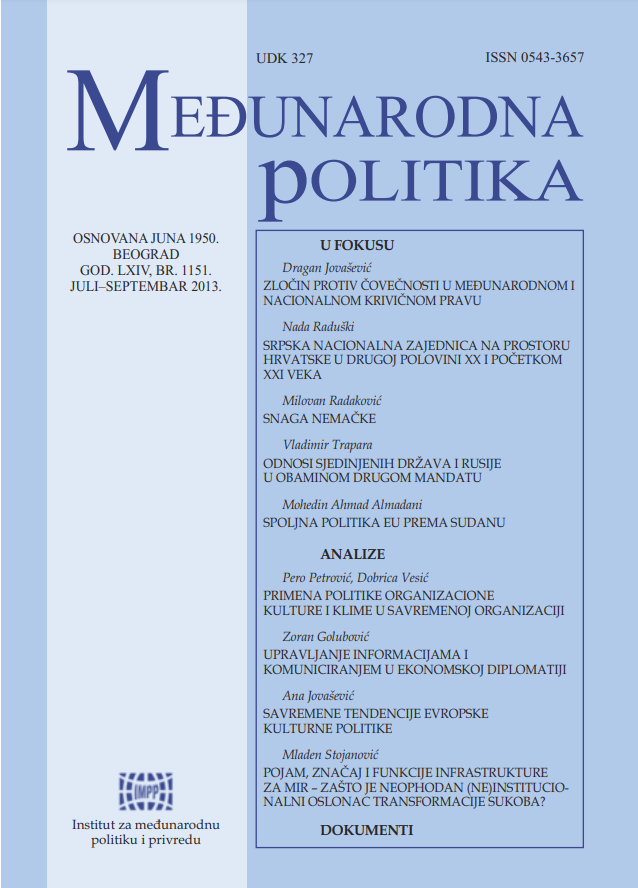
The aim of the paper is to define the concept of Infrastructure for Peace, as well as to make a short comparison of the existing Infrastructure for Peace in regard to the so-called War Infrastructure. Here is offered a small contribution to the explanation of importance of Infrastructure for Peace both as an emerging theoretical concept and the approach to conflicts based on it. Furthermore, it will deal with functions, components and limits of Peace Infrastructure, but also with its specific institutional elements, i.e. peace councils and ministries for peace. The author argues that the future transformation of deep-rooted conflicts will be significantly brighter if elements of Infrastructure for Peace are strengthened, even despite some ambiguities this concept brings with it.
More...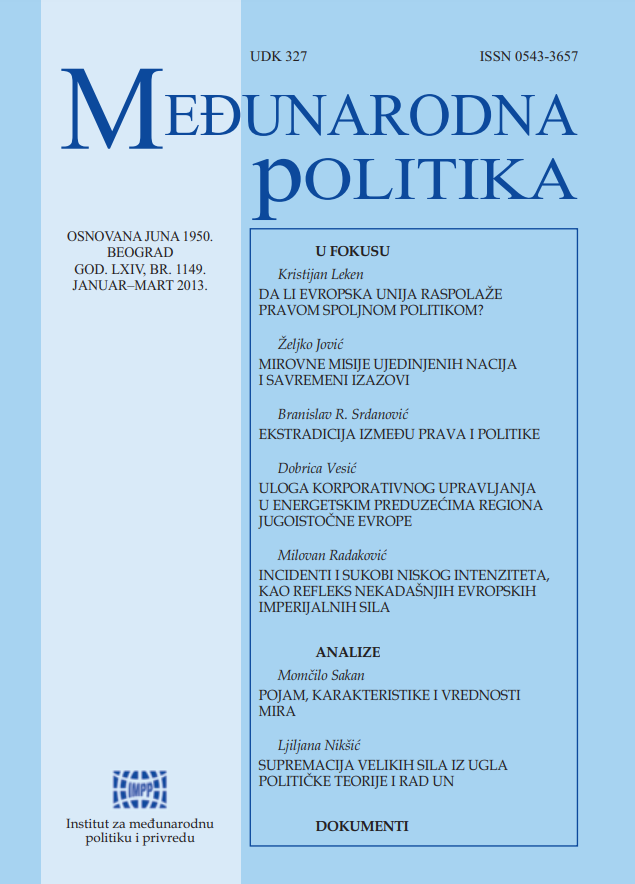
The paper first considers peace. Then it makes a comparative analysis of its numerous definitions. On the basis of such an analysis, the complex definition is given that reflects the scope and the contents of peace. The second part deals with basic characteristics of peace as a phenomenon pursued by the progressive mankind. These are as follows: connections with important characteristics and values of specific societies or social groups, contradiction, complexity, dynamics, temporariness, hierarchism, particularity, humanity, causality, orientation and relative openness. A separate section explains peace as a value that frees of the tutelage and of various prejudices, enables creativity, frees from all forms of slavery and increases the overall power of man, social groups and nations.
More...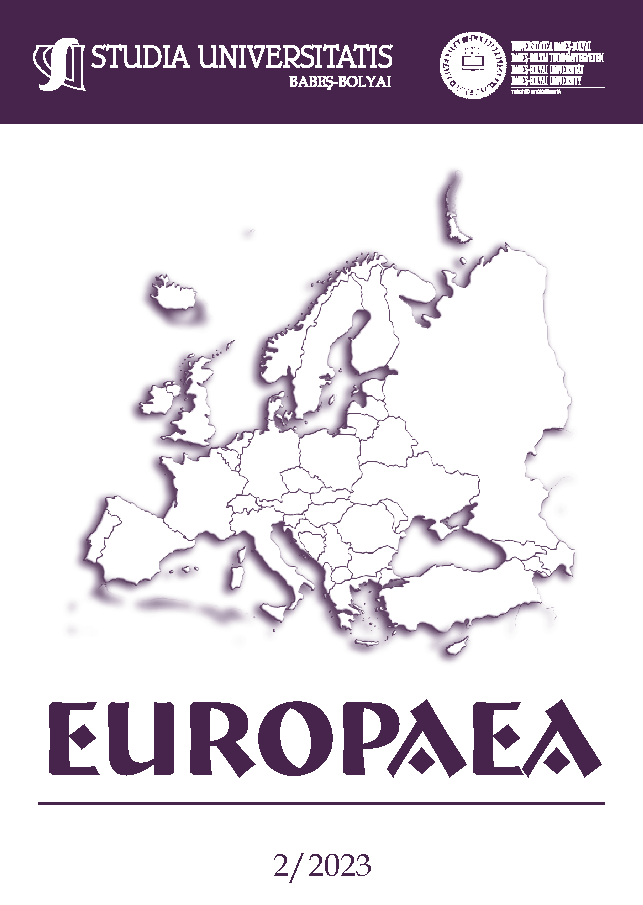
Would western defined security be an African security and would this reproduce, or develop, from indigenous African ontologies, so that African understanding of security and violence could actually bestow to the global peacekeeping actions? Considering this research question, focused on the understanding of security and violence in an African postcolonial and maybe de-colonial taxonomy, the present paper invites to reflect on the evolution of the concepts of security and violence in African scholarships, their connections with the sustainable African social development narratives that seem to monopolize the space of debates in African Studies. Moreover, the intentions are to explore the disruptions between the need for peace and the narratives of struggle in the context of a critical resistance to the global connecting and disconnecting biases that define the conceptual “security” and “violence”. This content analysis and critical look on the becoming of the term of violence, at the base of a typical evolution of the term security, in African literature or African focused debates, might contribute to defining that security and violence are floating terms, their understanding in an African taxonomy should be Africanized, being highlighted that security includes violence as inner boosting element, that allows for the two to be in a strange relationship, recalling for attentive consideration and critics on the application of Western inspired peacekeeping actions that do not take into account specific conditions such as territory and culture.
More...
Today, like never before, humanity is developing a fear of self-destruction. After the development of atomic weapons, the current nuclear weapon, although considered a weapon of deterrence, threatens the world with an apocalypse from which it could not recover. Faced with this situation, after the second war, the ultimate question nagging people's minds is the following: what weapon would be used in the next war? As a result, saving humanity from the catastrophe that is looming on the horizon requires recourse to the founding values of good governance and the culture of peace. Despite the old European democracy and the emerging African democracies, we still wonder about the trajectories to take to combine peace in a world which, more and more, is heading towards its extinction. With the current Russian-Ukrainian conflicts, introducing a war at the doorstep of Europe, as well as the putsches recorded in Africa, with the establishment of military juntas, the case of Mali in 2020 and 2021, of Guinea in 2021, of Niger and Burkina Faso in 2022, of Gabon in 2023, also the increase in the authoritarian regime in the Democratic Republic of Congo, in Rwanda, without forgetting the establishment of the ghost state in the Central African Republic, etc. there is reason to question the idealistic and realistic aims of democratic values. History has made democracy not only a system of management of public affairs par excellence, but also a way of living and a way of being. Founded on the values of freedom and tolerance, democratization requires our appropriate resolution to expose a systematic method that can lead to the construction of a culture dedicated to dialogue and the peaceful management of conflicts. Democratization, through the combination of good governance and the culture of peace, constitutes a process which requires a method bringing together both a part linked to the form, relating to the political and institutional organization, and a part linked to the substance, relating to the behavior of political actors.
More...
One of the trickiest conflicts in the Middle East and North Africa has reopened as a result of the October 7 terrorist strikes. Open discussions were however halted by Hamas' unilateral strike, even though the two-state solution appeared increasingly likely with the Palestinian Authority serving as the future structural restructuring of #FreePalestine. The situation in the Gaza Strip caused a great deal of divisiveness in western public opinion in addition to internal conflicts and tensions. So, the purpose of this paper was to provide a poststructuralist analysis of the dominant academic viewpoints on the state of affairs between Israel and Palestine. The relationship between identity and foreign policy is examined in this study by utilising the primary methodological instruments of reflectivist international relations theory, including intertextuality, genealogy, discourse analysis, and deconstruction. They study both epistemological and ontological aspects because of the theoretical framework, and the narratives of "us and them" were and continue to be important components in the history and current circumstances of the Gaza Strip. The findings provide context for the significance of Hamas' rhetoric and the monopoly of power, as well as outlining the identitarian divide between Palestinians in Gaza and the West Bank.
More...
The purpose of the present paper is to emphasize the way mercenaries integrated in the world politics. It offers an overview of the historical context, highlighting short details about the early appearance of mercenary troops who, although not yet bearing that name, acted in the same way. What is more, it pursues the evolution of mercenaries from their very beginning to the contemporary era, making a short stop to the Middle Ages, and then to the pre-modern period. Furthermore, it describes the metamorphosis of mercenaries in the contemporary period, giving birth to the new ´dogs of war’ under different names. However, these transformations came with behavioural changes as well. They changed their attitude and their chaotic actions on the battlefield, fulfilling, sometimes, a different role, but for the same purpose, which labelled them as ‘new mercenaries’ from the outset.
More...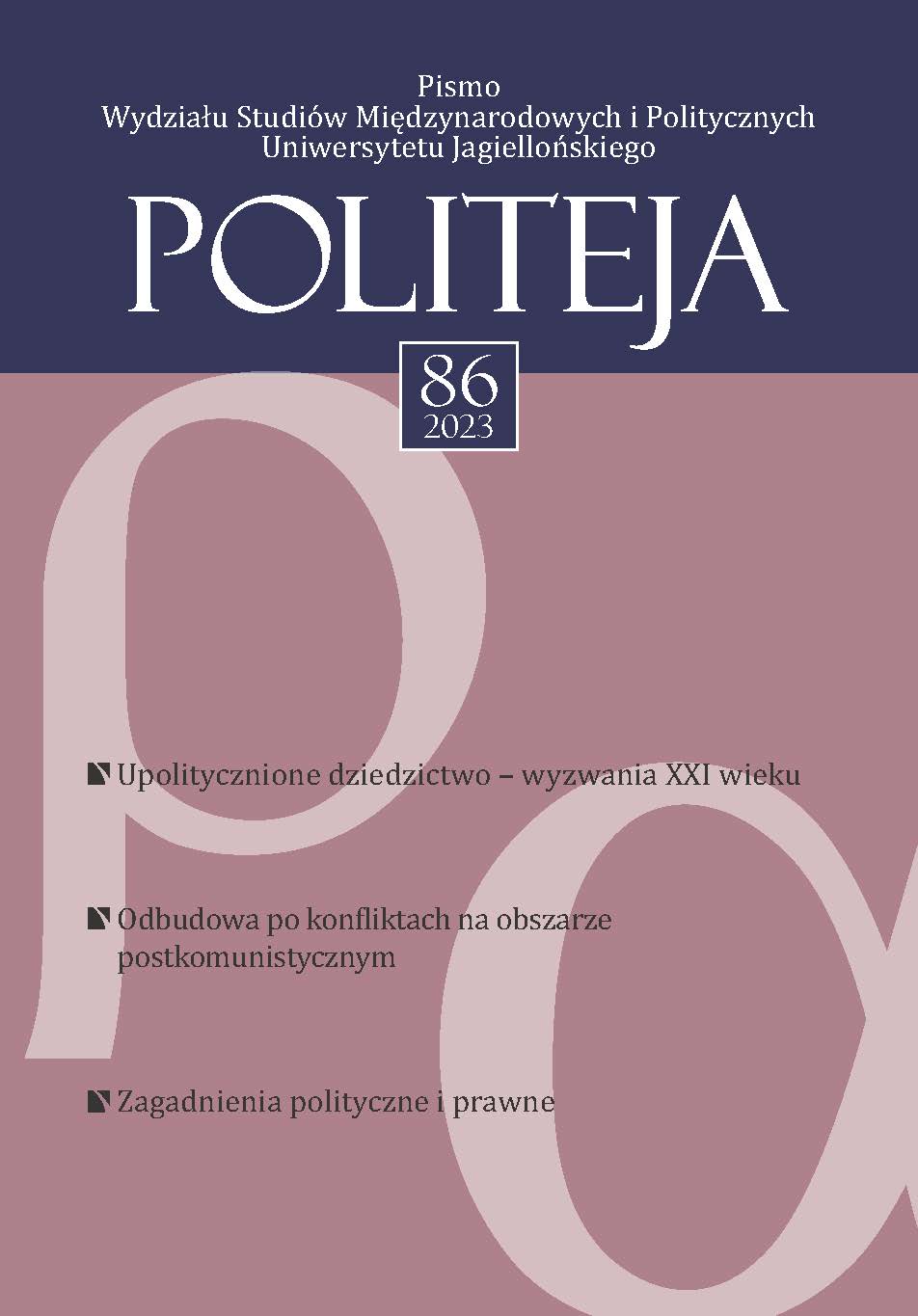
Civic activity, the degree of development of this activity and its multifaceted relationship with the state has been one of the most expressive manifestations of mature democracy for several decades. Citizens’ trust in bottom-up initiatives is a long-term process built in the social space where systemic democracy is present. Serbs, as a society that directly or indirectly experienced armed conflicts, entered the path of democratisation after 2000 and remained on it for about 15 years, when during the rule of the Serbian Progressive Party of Aleksander Vučić, the populist character of the rule slowed down and then reversed the democratisation processes. The aim of the article is to look at the protest as one of the most common manifestations of civic movements and to analyse the subject matter of the protests, their intensity, the possibility of influencing the political and social reality, and finally the cases of its evolution, related to its transformation into other forms of activity.
More...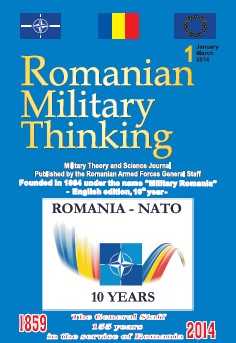
In this article, the author points out the different aspects of deception, trying to dismantle it into its basic elements, namely to analyse and condense it so that its role and place in the operation could be pointed out. In the author’s opinion, deception is the stratagem itself applied by the commander of the force in order to defeat the enemy. It is an integral part of the commander’s intent and the most efficient method to surprise the enemy. Deception is the essence of the manoeuvre-like approach to war and, used cleverly, it can be the key to success.
More...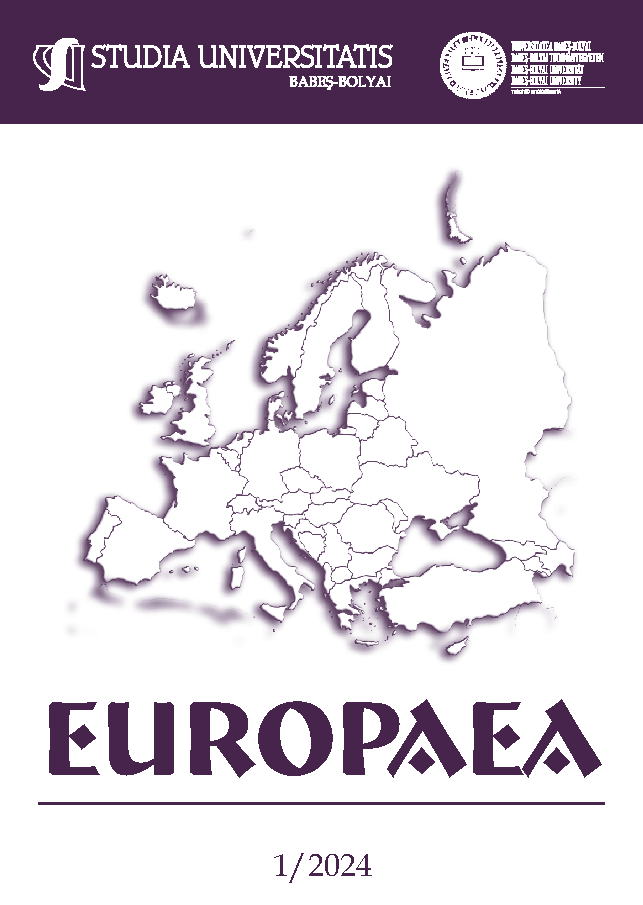
Characterized by their ability to impact the world order without having superpower status, middle powers contribute significantly to maintaining global stability and fostering notable advancements. The notion of middle powers is longstanding in international relations, with its roots traceable in the writings of the Italian 16th century thinker Giovanni Botero. The literature concerning middle powers is full of debates and considerations about their definitions, characteristics, and objectives. Türkiye and Brazil have been chosen as primary subjects of this study to exemplify the growing role of middle powers as mediators due to their involvement in international negotiations.
More...